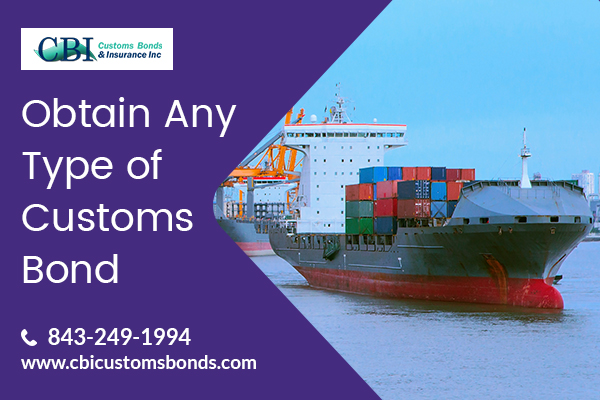What to do when goods are arrived but not available for pickup?
This happens many times when consignees have to deal with a
situation when their goods are arrived at the destination port or land but not
available for final clearance. Usually, importers need to file a Bill of Entry
in order to clear the container. It has to be filed within 30 days of the arrival
of goods to the department of customs. But, in case, the importer fails to file
the bill of entry then the cargo can be resold by the custodian. Shipment from
outside of the United States is quite a complex procedure for those who are not
really aware of it. You need to be prepared with proper customs bonds and other requirements.
There are many key documents that can affect your
transaction and the final delivery of goods can be delayed, such as:
- Bill of landing
- Certificate of origin
- Commercial invoice
- Packaging list
- Letter of credit
- Customs bond
- Import license for specific goods
It is not easy for companies and businesses to fully
understand the rules and regulations of international transaction. They often
make mistakes and upon poor decisions, sometimes they have to cost heavy
penalties. The best way to avoid common lapse is to stay connected with your
freight forwarder or carrier during a transaction. Here some reasons are given
below for unavailable cargo:
Absence of Cargo Arrival Notice (CAN)
The Cargo Arrival Notice (CAN) plays an important role in
both importer and exporter. Once after arrival of goods at the final destination,
the carrier of goods needs to the consignee on such arrival with details. In
case, the importer does not receive any CAN (as it is not mandatory always),
the importer can miss the delivery date. Carrier also tells the consignee if
there is an issue of insufficient customs bonds NY.
Customs clearance problems
Many merchandisers utilize services of a freight forwarding
company for customs clearance of their goods. The freight company then hire
licensed customs brokers whose duty is to prepare required documents and submit
them to the Customs and Border Protection (CBP) on behalf of the original owner
of the cargo. Then the custom department of the country do a thorough inspection of
the shipment and if officials find any misleading information or wrong continuous
import bond amount, they can hold the cargo, until all documents found
explicit.
LCL Deconsolidation
Load (FCL) and Less than Container Load (LCL). LCL is the
best way to save money in a transaction via ocean vessel. You need to share
space in LCL shipment in which all goods are consolidated at the origin and
then deconsolidated at the destination by Container Freight Station (CFS). So,
even after your goods arrive at the desired location, you may still need to
wait until the deconsolidation is done.
Unpaid duties and taxes
If you are doing commercial importing and your cargo’s total
value exceeds the amount $2,500, it becomes mandatory to obtain customs bonds. The purpose of the continuous import bond is to guarantee
the payment of duties and taxes levied against the value of the shipment. There
are certain commodities which are not allowed to enter the country before
special permissions by the particular federal department. Like if you’re
importing foods, you would require taking permission from the FDA.




Comments
Post a Comment